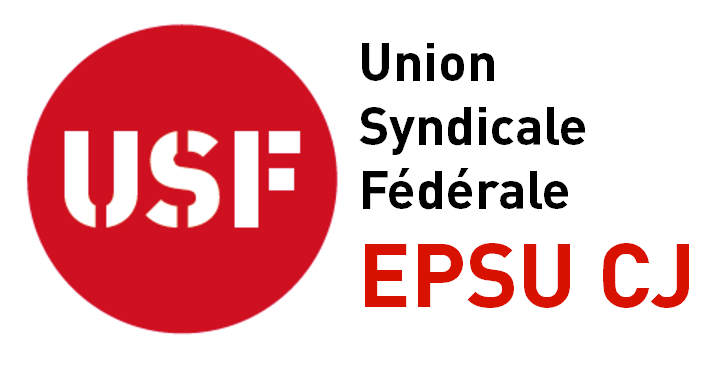We may request cookies to be set on your device. We use cookies to let us know when you visit our websites, how you interact with us, to enrich your user experience, and to customize your relationship with our website.
Click on the different category headings to find out more. You can also change some of your preferences. Note that blocking some types of cookies may impact your experience on our websites and the services we are able to offer.
These cookies are strictly necessary to provide you with services available through our website and to use some of its features.
Because these cookies are strictly necessary to deliver the website, you cannot refuse them without impacting how our site functions. You can block or delete them by changing your browser settings and force blocking all cookies on this website.
These cookies collect information that is used either in aggregate form to help us understand how our website is being used or how effective our marketing campaigns are, or to help us customize our website and application for you in order to enhance your experience.
If you do not want that we track your visist to our site you can disable tracking in your browser here:
We also use different external services like Google Webfonts, Google Maps and external Video providers. Since these providers may collect personal data like your IP address we allow you to block them here. Please be aware that this might heavily reduce the functionality and appearance of our site. Changes will take effect once you reload the page.
Google Webfont Settings:
You can read about our cookies and privacy settings in detail on our Privacy Policy Page.
Politique de confidentialité
Post-lockdown working at home
Sharing Experience, Building Solidarity!
Pay supplement increased following Luxembourg Social Min Wage
The Luxembourg minimum social wage (SSM) will be increased by 2.8% from 1-1-2021. Therefore, it will have a stronger impact on the pay supplement (in FR) negotiated in 2017 by EPSU-CJ in favour of our colleagues whose salaries fall below the national legal minimum. The extent of this impact is illustrated in the salary grids for officials & temporary staff, and those for contract staff.
+0.7% update under the exception clause
The sanitary crisis has triggered the exception clause, which will be applied for the first time in its 2014 Staff Regulations version. Luckily, the exception clause is no longer left to the subjective assessment of the institutions, which in the past had raised social unrest. You may find here explanations on the working of the Method. In VOX Nr 117, you can find an overview of how the 6th method has worked so far (in FR).